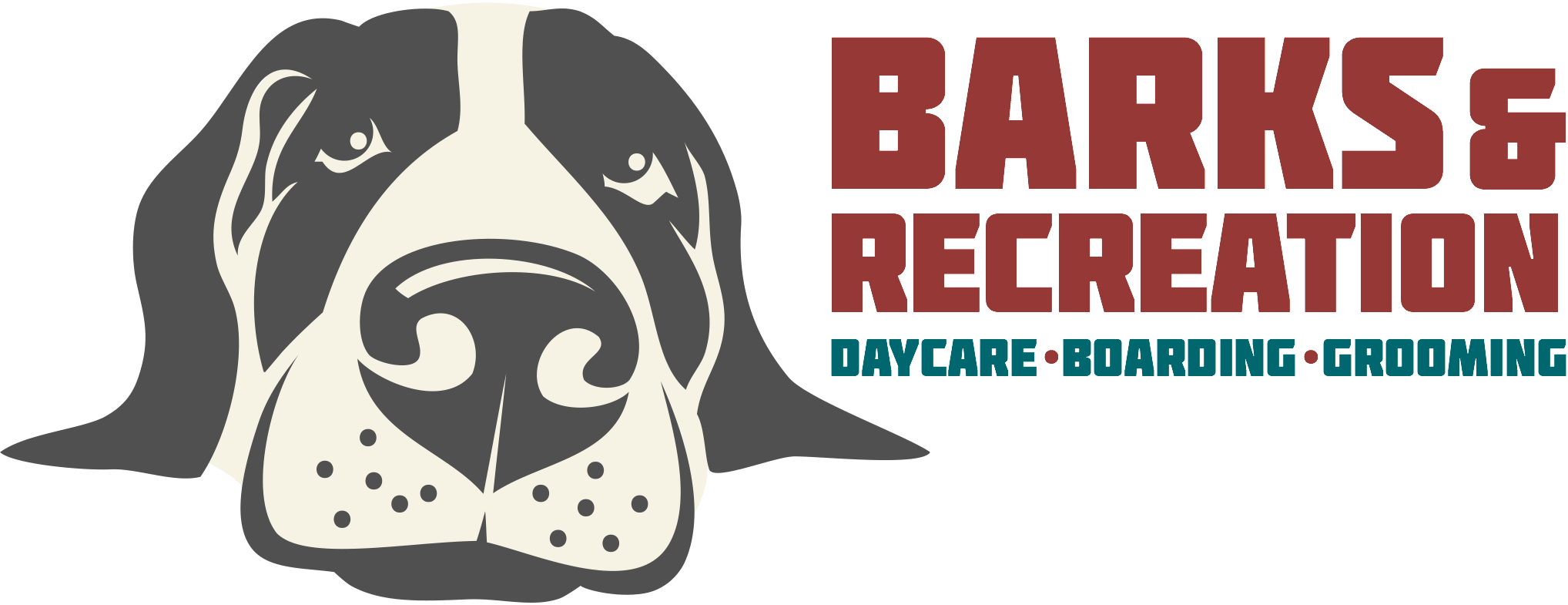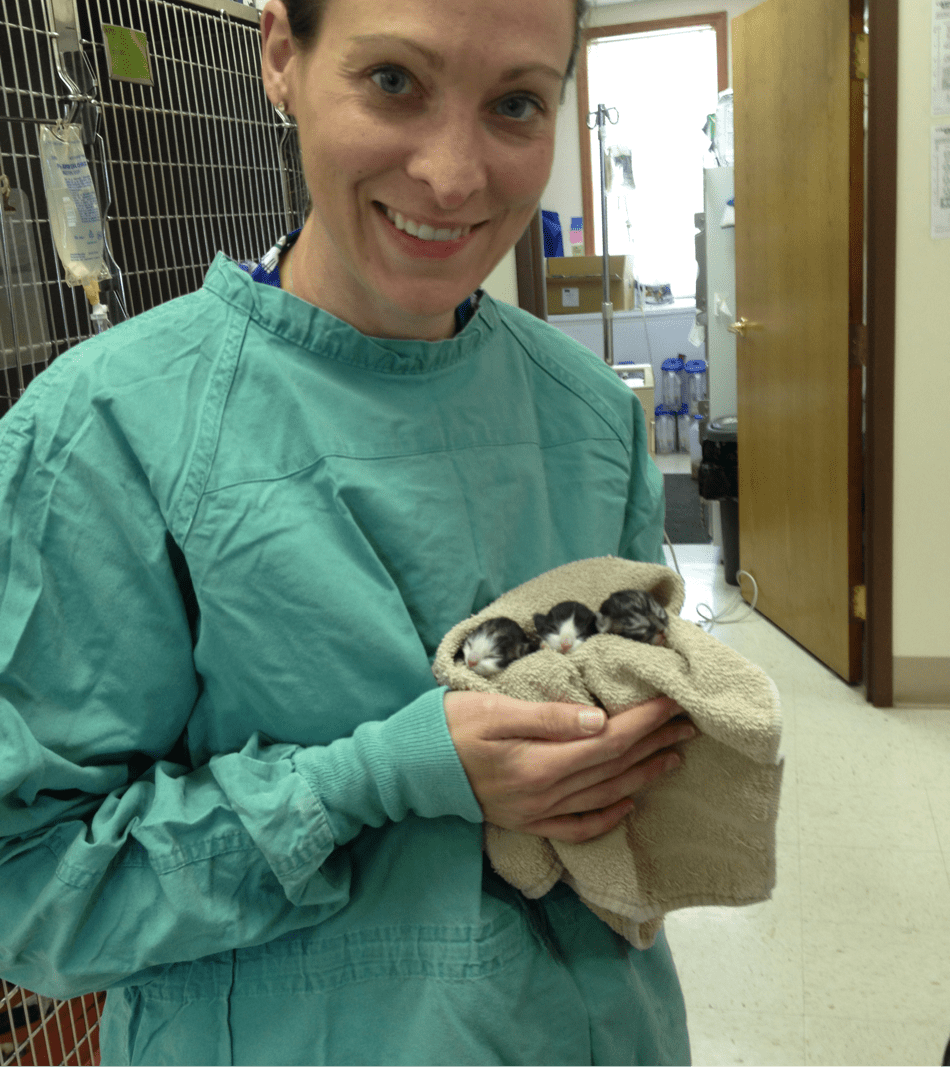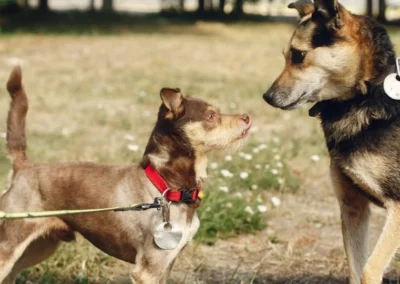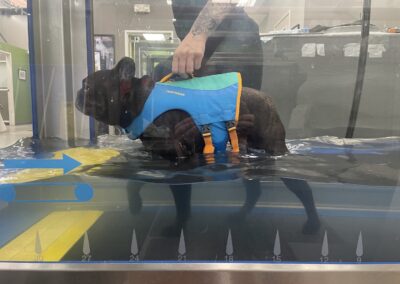
As our beloved canine companions age, their needs and behaviors change significantly. Understanding how to care for a geriatric dog can greatly enhance their quality of life and ensure they remain happy and healthy during their senior years. This post will provide an introduction to geriatric dog care, focusing on environmental enrichment, mobility support, and nutrition.
Understanding Geriatric Dogs
Dogs are generally considered geriatric when they reach about 7 years of age, though this can vary depending on breed and size. Larger breeds tend to age faster and may be considered senior as early as 5 years old, while smaller breeds might not reach this stage until they are 10. As dogs age, they may experience various physical and cognitive changes such as decreased mobility, diminished senses, and cognitive decline.
Environmental Enrichment for Senior Dogs
- Interactive Toys: Cognitive function can decline with age, leading to confusion and anxiety. Providing interactive toys that stimulate their mind can help keep them mentally sharp. Puzzle toys, treat-dispensing toys, and games that encourage problem-solving are excellent choices.
- Routine and Familiarity: Older dogs thrive on routine and familiarity. Maintaining a consistent schedule for feeding, walks, and bedtime can provide a sense of security. Avoid making sudden changes in their environment, as this can cause stress and confusion.
- Gentle Socialization: Social interaction remains important for senior dogs. Arrange for gentle playdates with familiar dogs or supervised interactions with well-mannered children. This can help keep them engaged and prevent feelings of isolation.
Mobility Support for Aging Dogs
- Orthopedic Beds: Providing a comfortable, orthopedic bed can alleviate pressure on their joints and make resting easier. Memory foam beds are particularly beneficial as they conform to the dog’s body, offering extra support.
- Ramps and Stairs: As mobility declines, jumping onto furniture or climbing stairs can become difficult and painful. Installing ramps or pet stairs can help your dog navigate these obstacles without strain.
- Joint Supplements: Nutritional supplements like glucosamine and chondroitin can support joint health and improve mobility. Consult your veterinarian to determine the best options and dosages for your dog.
Nutrition for Geriatric Dogs
- Balanced Diet: Senior dogs have different nutritional needs than their younger counterparts. Look for high-quality, senior-specific dog food that provides balanced nutrition, focusing on lower calories to prevent weight gain and higher fiber for digestive health.
- Omega-3 Fatty Acids: Omega-3 fatty acids, commonly found in fish oil, can help reduce inflammation and support joint health. Adding these supplements to your dog’s diet can improve their overall well-being.
- Hydration: Ensure your dog has access to fresh water at all times. Some senior dogs may have a diminished sense of thirst, so you might need to encourage drinking by providing multiple water sources around the house.
Quality of Life
One of the most important aspects of caring for a geriatric dog is monitoring their quality of life. Regular veterinary check-ups are crucial to manage any health issues that arise. Pay attention to your dog’s behavior and look for signs of pain, discomfort, or cognitive decline. While it’s natural for older dogs to slow down, significant changes in behavior or health should be addressed promptly.
Maintaining a high quality of life for your senior dog involves balancing their physical needs, mental stimulation, and emotional well-being. By providing appropriate environmental enrichment, mobility support, and nutrition, you can help ensure that their golden years are filled with comfort and joy.
Final Thoughts
Caring for a geriatric dog requires a bit more attention and effort, but the rewards are immeasurable. Your senior dog has spent a lifetime offering loyalty and love, and now it’s your turn to provide them with the best possible care. With patience, compassion, and the right resources, you can make their final years as comfortable and fulfilling as possible.


 Barks & Recreation is proud to feature Dr. Eileen Savier CVA, CVCH as our Veterinary Blogger in our “From the Vet” Series — offering information related to the health and welfare of your furry family members! Currently part of the team of doctors at Keystone Veterinary Clinic, Dr. Savier is a 2012 Graduate of the Ross University School of Veterinary Medicine, She completed her clinical experience at The Ohio State University and after veterinary school she pursued further education and certification in Veterinary Acupuncture, Chinese Herbal Medicine, and Fear Free veterinary visits. Dr. Savier has a special interest in integrative medicine, animal behavior, and internal medicine and is committed to improving animal health care by integrating Eastern and Western philosophies. She enjoys working with fearful & aggressive dogs and cats and she has had additional training in low stress handling techniques and encourages positive reinforcement during exams and procedures. Her clinical interests include pain management, animal behavior, geriatric patient care, and internal medicine.
Barks & Recreation is proud to feature Dr. Eileen Savier CVA, CVCH as our Veterinary Blogger in our “From the Vet” Series — offering information related to the health and welfare of your furry family members! Currently part of the team of doctors at Keystone Veterinary Clinic, Dr. Savier is a 2012 Graduate of the Ross University School of Veterinary Medicine, She completed her clinical experience at The Ohio State University and after veterinary school she pursued further education and certification in Veterinary Acupuncture, Chinese Herbal Medicine, and Fear Free veterinary visits. Dr. Savier has a special interest in integrative medicine, animal behavior, and internal medicine and is committed to improving animal health care by integrating Eastern and Western philosophies. She enjoys working with fearful & aggressive dogs and cats and she has had additional training in low stress handling techniques and encourages positive reinforcement during exams and procedures. Her clinical interests include pain management, animal behavior, geriatric patient care, and internal medicine. Dr. Savier shares her home with two (soon to be three) dogs, two cats, and a toddler. She lovingly refers to her two dogs as Coconut Retrievers as they were rescue dogs she brought home from the island of St. Kitts. In her free time she enjoys spending time with her family, going to the beach, and planning her next Disney vacation.
Dr. Savier shares her home with two (soon to be three) dogs, two cats, and a toddler. She lovingly refers to her two dogs as Coconut Retrievers as they were rescue dogs she brought home from the island of St. Kitts. In her free time she enjoys spending time with her family, going to the beach, and planning her next Disney vacation.




